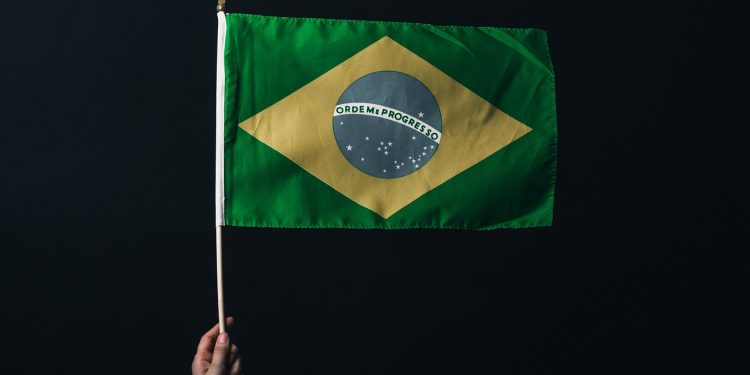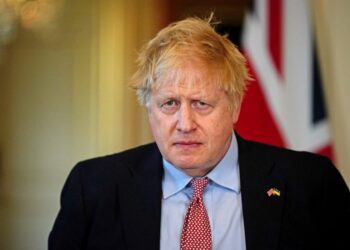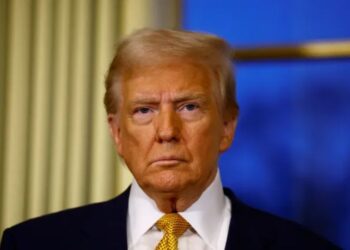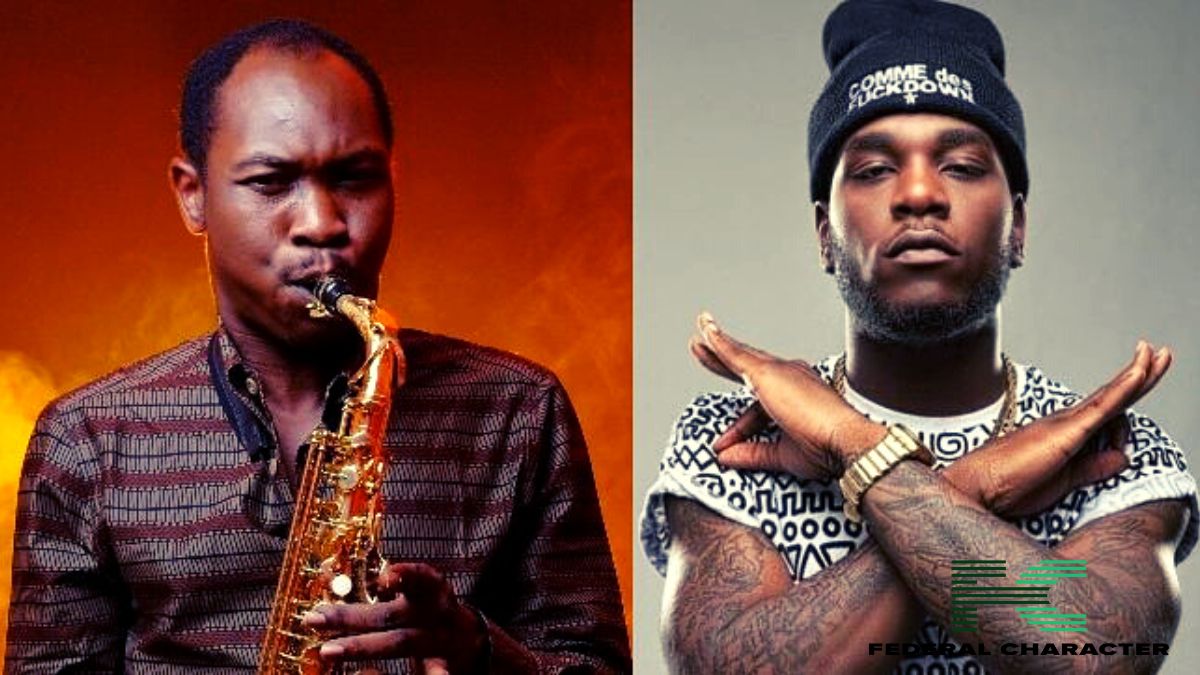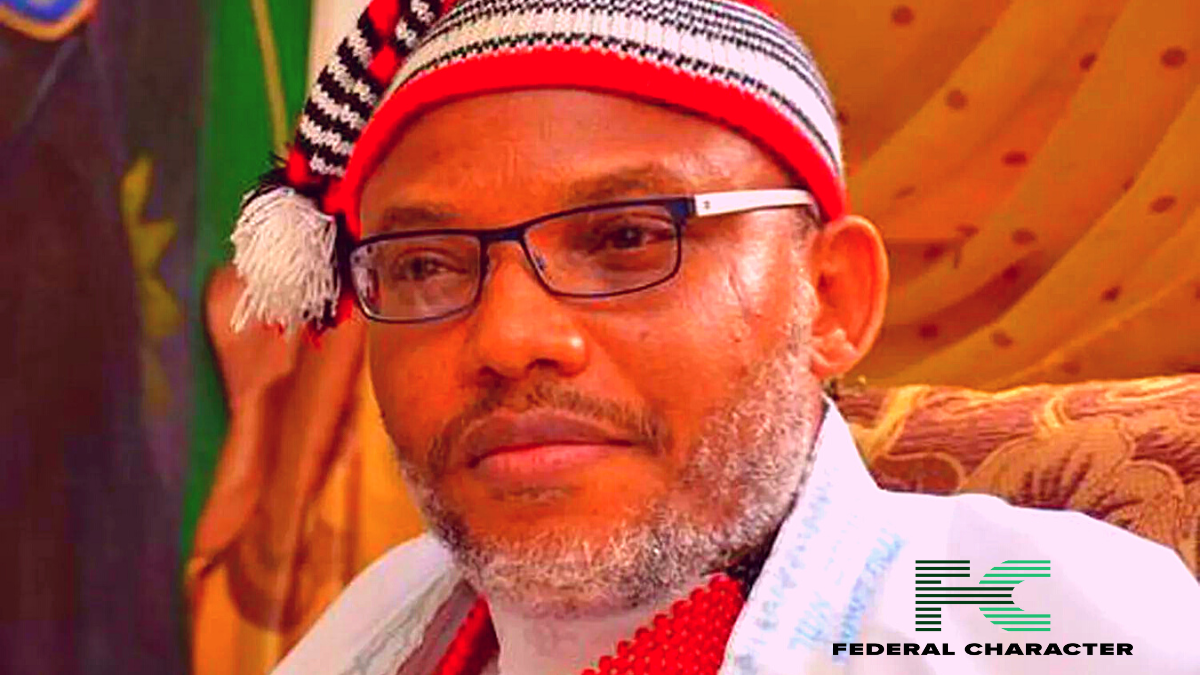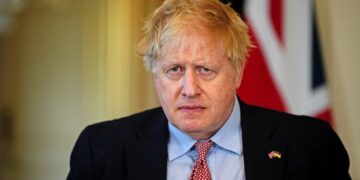The trial of former Brazilian President Jair Bolsonaro is not just a legal proceeding; it’s a historic moment for a nation grappling with its democratic identity. After decades of impunity for military leaders who orchestrated coups, Brazil’s Supreme Court is finally holding a powerful ex-president accountable for allegedly attempting to overthrow a democratic election.
The charges against him, which include leading an “armed criminal organisation” and attempting the “violent abolition of the democratic rule of law,” paint a damning picture of a former leader who, according to prosecutors, had “full knowledge” of a plot that included assassinating his successor and a Supreme Court justice.
While Bolsonaro and his allies predictably decry the trial as a political “witch hunt,” the overwhelming evidence, bolstered by the cooperation of a key former aide, suggests that this is a long-overdue reckoning.
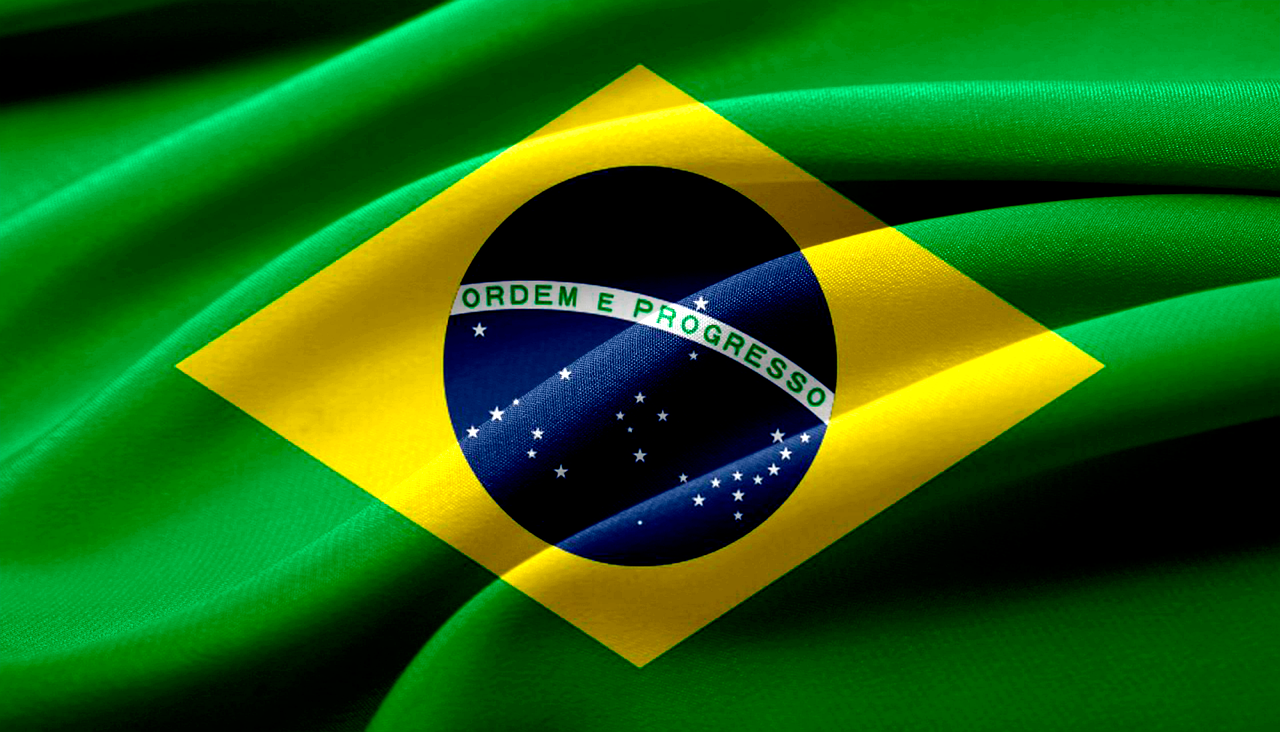
The Evidence Against Bolsonaro: Beyond the January 8th Riots
The case against Bolsonaro is far more extensive than the infamous January 8, 2023, riots, when his supporters stormed government buildings. According to police investigations, the plot to subvert democracy began much earlier, in 2019, and included a multi-pronged strategy to delegitimize the electoral system. Prosecutors have reportedly presented a trove of evidence, including handwritten notes, digital files, and messages, detailing the conspiracy.
The most damaging testimony comes from his former aide, Mauro Cid, who signed a plea deal and has since provided information that directly ties the former president to the plans.
While Bolsonaro’s lawyers will argue that their client was not physically present at the riot, and that the prosecution has not presented a “smoking gun,” the combined weight of the evidence points to a sustained effort to undermine democracy from the highest office.
What Happens Now
A guilty verdict would be a powerful signal that in Brazil, no one is above the law. However, simply convicting Bolsonaro is not enough to secure the future of Brazilian democracy. The country must now work to address the root causes of the democratic backsliding.
First, Brazil needs to implement strong legal safeguards that make it impossible for future leaders to use their office to conspire against the state.
Second, a national conversation about the role of the military in politics is essential. For too long, the armed forces have been seen as a final arbiter of political disputes, a dangerous tradition that Bolsonaro tried to exploit.
Finally, Brazil has to invest in civic education to ensure that citizens have the tools to recognize and reject disinformation and anti-democratic rhetoric. By holding its leaders accountable and strengthening its institutions, Brazil can finally break free from its repressive past and build a more resilient democracy for the future

